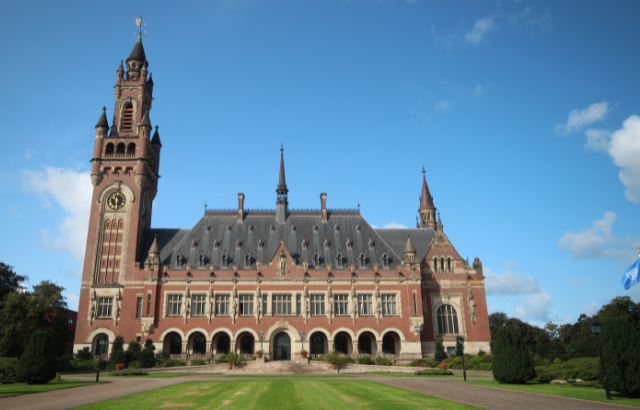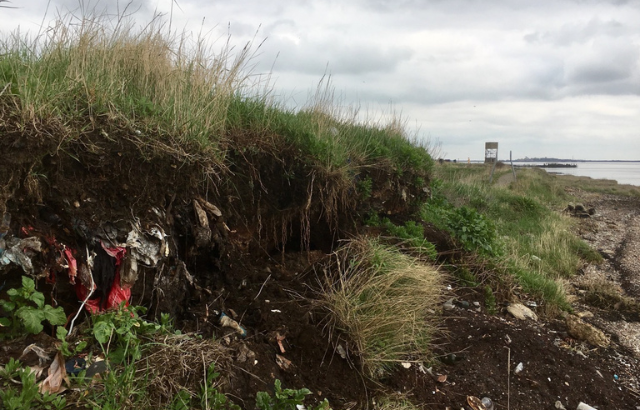EVEL was implemented in 2015 to address an anomaly - known as the 'West Lothian Question' - by which Scottish MPs can vote on issues affecting only England - or England and Wales - while English MPs have no such power over Scotland.
The EVEL procedures provide MPs representing constituencies in England and Wales the opportunity to veto certain legislation that applies only in England (and Wales). This means that legislation affected by the procedures must receive the backing of both English (and Welsh) and UK-wide MPs – often called the ‘double veto’.
Monitoring and analysis
Project EVEL (www.evel.uk) provides authoritative monitoring and analysis of EVEL procedures by parliamentary and constitutional experts. The site will be updated throughout the parliamentary term and will provide an open-source and comprehensive account of every piece of legislation certified under EVEL.
The academic leads are Daniel Gover, QMUL; Professor Philip Cowley, QMUL; and Professor Michael Kenny, University of Cambridge. Professor Michael Kenny and Daniel Gover published ‘Finding the good in EVEL’ in November 2016. The project is supported through funding from the Mile End Institute at QMUL, and from the Cambridge Institute for Public Policy at the University of Cambridge.
Find out more about studying politics at QMUL.



